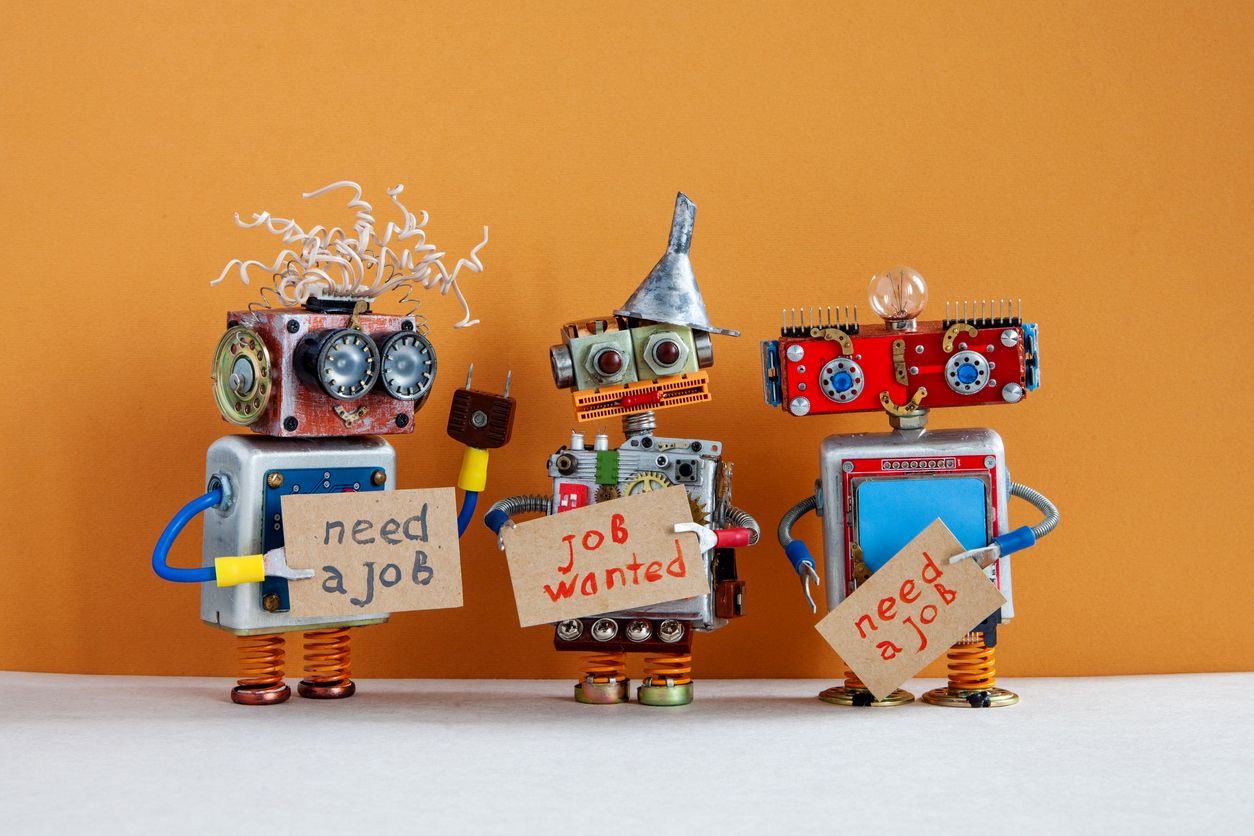Hiring Firm Says Its AI Tech Can Predict Job-Hopping

A new hiring firm has developed AI-based technology that it says can predict job-hopping in interviewees.
Healthy, growing organizations frown on job hoppers for a simple reason: there is a direct financial cost to high employee churn. And as reported by the MIT Technology Review, Australia-based PredictiveHire claims it can predict job-hopping with statistical significance.
There’s an AI tool for that
The capability doesn’t appear to be released yet, but the ability to test for bias in algorithms and using AI to identify “flight risks” are mentioned in the company’s website here.
PredictiveHire also published a peer-reviewed paper that looked at how responses from an open-ended interview correlate with personality. Given how organizational psychologists have long established the link between personality and job-hopping, the idea is to use existing data to predict the propensity of someone leaving soon after being hired.
The firm currently offers a chatbot that asks candidates a series of open-ended questions. Responses are then analyzed to assess job-centric personality traits labeled as drive, initiative, and resilience. Presumably, the capability to predict job-hopping will be delivered through the same interface.
But though the tool claim to help eliminate hiring bias from flawed humans, it is doubtful that the complex theme of AI bias is so easily fixed. Crucially, there appears to be nothing that can stop candidates who are aware of such tools from not responding truthfully and gaming the system.
One clear benefit is how the technology can remove the dependency on factors such as job histories to infer a job-applicants tendency to job hop. As noted by the paper: “Resumes are known to induce bias in the hiring process and especially ineffective with newcomers to the job market with no prior significant job history.”
Love it or hate it, the growing proliferation of AI means that machine-learning-based appraisal tools or personality tests can only become more common. After all, digitalization means that employers can more easily monitor emails, chat messages, and a plethora of other data to assess productivity.
Indeed, the report suggested that AI could eventually be used for more insidious purposes such as employers figuring out the minimum pay increase needed to make employees stay.
You can access “Predicting job-hopping likelihood using answers to open-ended interview questions” here (free registration).
Photo credit: iStockphoto/Besjunior





